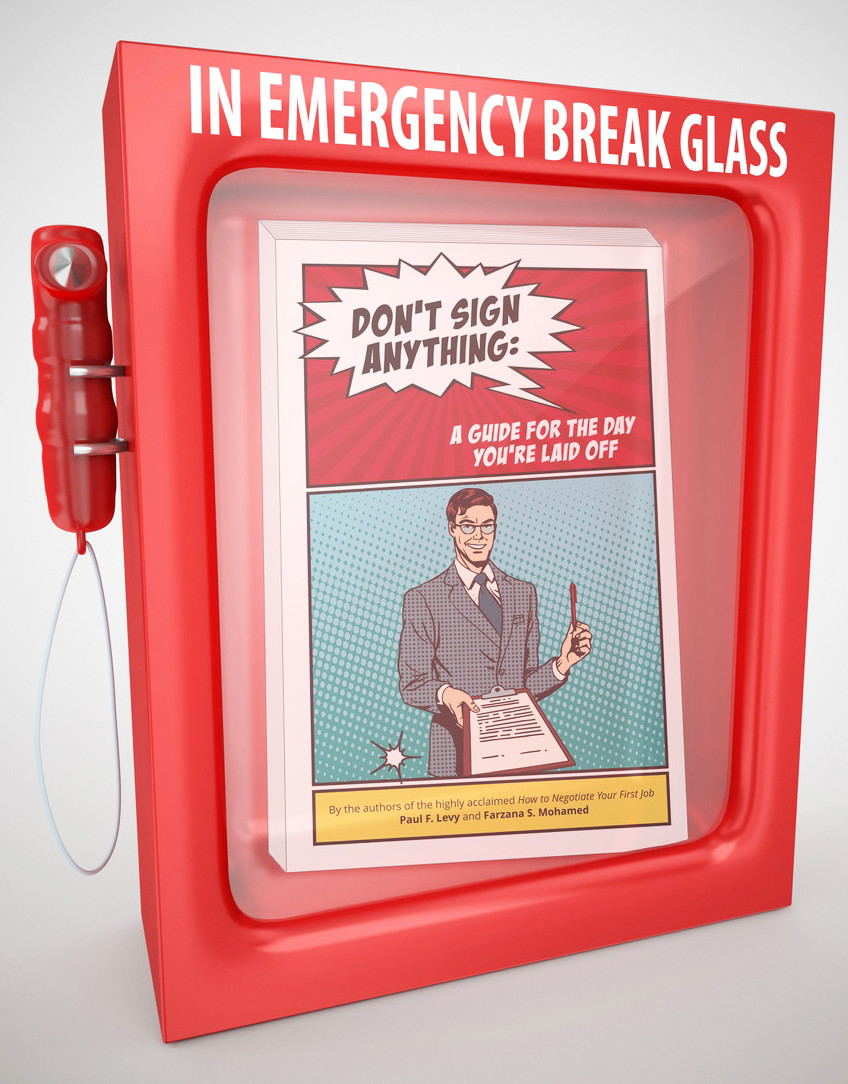Do not sign anything
Helpful advice how to manage your departure from a job in a time of increasing churn in the job market
It is a nice retribution fantasy, but in reality, despite all the positive vibrations being sent out in praise of the value of The Providence Journal, a far different reality exists, one defined by Jill Lepore in her recent op-ed, “The Hacking of America,” in which she says that political and technological disruption have fed off each other since the nation’s founding, and now they are dangerously out of whack.
Lepore wrote: “The machine is fix upon fix, hack after hack, its safety mechanisms sawed off. It has no brake, no fail-safe, no checks, no balances. It clatters. It thunders. It crushes the Constitution in its gears. The smell of smoke wafts out of the engine room. The machine is on fire.”
The answer may reside in the ability of people to talk and to argue with each other, face to face, to become participants in their own lives, rather than observers, to follow the advice of John Prine and “blow up your TV,” to create a different narrative, one based on convergence and engagement. The first step is often a willingness to stand up and say no, to resist the temptation of technology carnival barkers, in the words of Tom Waits: Step right up, everybody’s a winner, bargains galore…
PROVIDENCE – Paul F. Levy, a veteran of running a hospital and then a blog, “Not Running a Hospital,” along with Farzana S. Mohamed, have published a thin volume of 59 pages that promises to become a prescriptive book for those laboring in the 21st century innovation economy, similar to the way that the 49-page Elements of Style by William Strunk, Jr., has served a similar prescriptive function for some five generations of American writers.
The book, Don’t Sign Anything: A guide for the day you’re laid off, is a hands-on guide for managing the choreography of a severance package – an all-too-familiar dance of what many employees dread: being called into the supervisor’s office with a human relations person in attendance, with the supervisor saying: This is not going to be a pleasant conversation.
The context for the book, Levy explained, was this: “For young [workers] who’ve joined a high tech or start-up thinking the job is neat, they’re going to change the world, loving the free lunches, and the company really values them – only to discover that they are dispensable when things go awry.”
Being laid off or terminated, Levy said, is traumatic and discouraging, particularly when it is combined with the likelihood of a substandard severance offer.
The book is not just for young workers, Levy continued, but also for older workers, the ones who have loyally worked for a company for years, believing that they are valued and part of the family – only to discover that the firm wants to hire someone younger, at a lower salary – especially right before pensions vest.
And, of course, the book also provides valuable advice for those workers who may face lay-offs due to poor corporate performance, downturns in the economy, loss of government and business contracts, or for the firm’s inability to meet private equity investors’ financial performance goals.
Basic advice
The first piece of advice, repeated in the headline of the book, is “do not sign anything,” whatever the severance agreement is being offered.
Then, Levy and Mohamed offer what they call a crash course in negotiations: figuring out your best alternative to a negotiated agreement, or BATNA.
As Levy and Mohamed explain it, what often happens when employees are told they are being laid off is this:
“You might also find out that your email account has already been locked, that you must immediately remove all personal items from your office, and that you will hand in your company ID badge today as you walk out of the building for the last time [perhaps escorted by a security officer.]
“But before you leave, your boss adds, ‘I’m so sorry we have to do this, as I really care about you personally. Luckily, I’ve been able to get you a decent severance deal. All you need to do is sign this release letter.’
The book continues: “Not wanting to jeopardize the ‘gift’ they are offering you, you lean over the desk to sign the letter. STOP! Don’t sign anything! Never agree to anything in that meeting. The dance has just begun.”
Points of light
Things that can be negotiated include: a larger severance, a better health care package – full health benefits coverage for the length of the severance, followed by COBRA; and better wording around non-compete and non-disclosure agreements.
The book closes with this advice: Most importantly, believe in yourself. You were good enough to get your last job. You’re good enough to get the next one. As our friend, Ed, the employment attorney, points out, “You have the intellectual asset that’s in demand. You’re marketable. You’ll find another job – maybe even a better one.”






